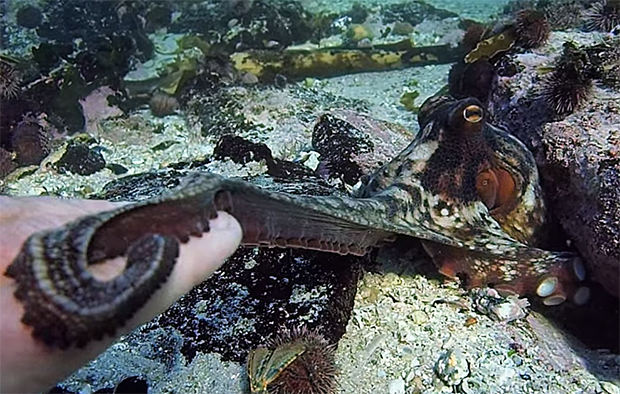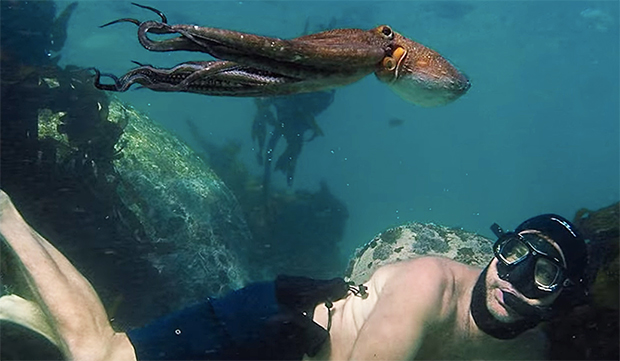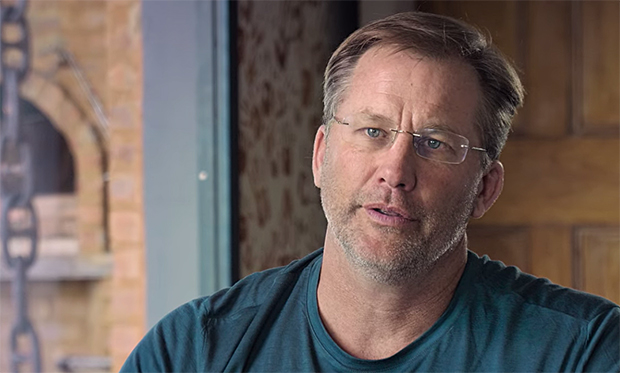My Octopus Teacher was released Sept. 7 on Netflix and has captivated the world. The documentary follows South African filmmaker Craig Foster during the year he spent with a wild octopus while freediving off the coast of South Africa. He documented the highs and lows of the octopus’ life while developing a beautiful friendship with the wild animal. HollywoodLife has rounded up 5 key things to know about Craig.
1. Craig became friends with an octopus. Craig said in the documentary that he needed a “radical change” in his life so he began going diving every day off the Western Cape of South Africa. While wandering through a kelp forest, he discovered an octopus and became fascinated with the animal. He kept coming back every day to the same place and would leave his camera to capture any big moments.

At one point, he put his hand out toward the octopus, and she reciprocated by putting her tentacle on his hand. The octopus began following Craig around. He said that the “boundaries between her and I” seemed to “dissolve.”
2. He felt “responsible” after the octopus was attacked by a shark. A pyjama shark bit off one of the octopus’ arms. Craig said he felt “responsible” for the attack. Pyjama sharks have an incredible sense of smell, so Craig believes the shark picked up on his scent. When Craig saw that the octopus was still alive, he was so “relieved.” Her arm started to grow back, and after 100 days the arm had fully regrown.

3. His son has become interested in “everything underwater.” Craig has a son named Tom, and Craig has enjoyed showing his son the “wonders of nature.” Craig noted that Tom is a “very powerful swimmer.”
4. The octopus changed Craig’s life forever. Unfortunately, the octopus died soon after laying her eggs. She began to get weaker and weaker until she was ultimately eaten by a pyjama shark. Even though he was sad that the octopus died, he had a sense of relief because the “intensity” of going every day was “tough.” Craig said in his documentary that the octopus made him “realize just how precious wild places are.” He continued, “What she taught me was to feel that you’re a part of this place, not a visitor. There’s a huge difference.”

5. He co-founded the Sea Change Project. The Sea Change Project is a group community that is dedicated to the lifelong protection of the kelp forest. “Our goal is to protect South Africa’s marine environment by making the Great African Seaforest a global icon,” the Sea Change Project’s official website says.